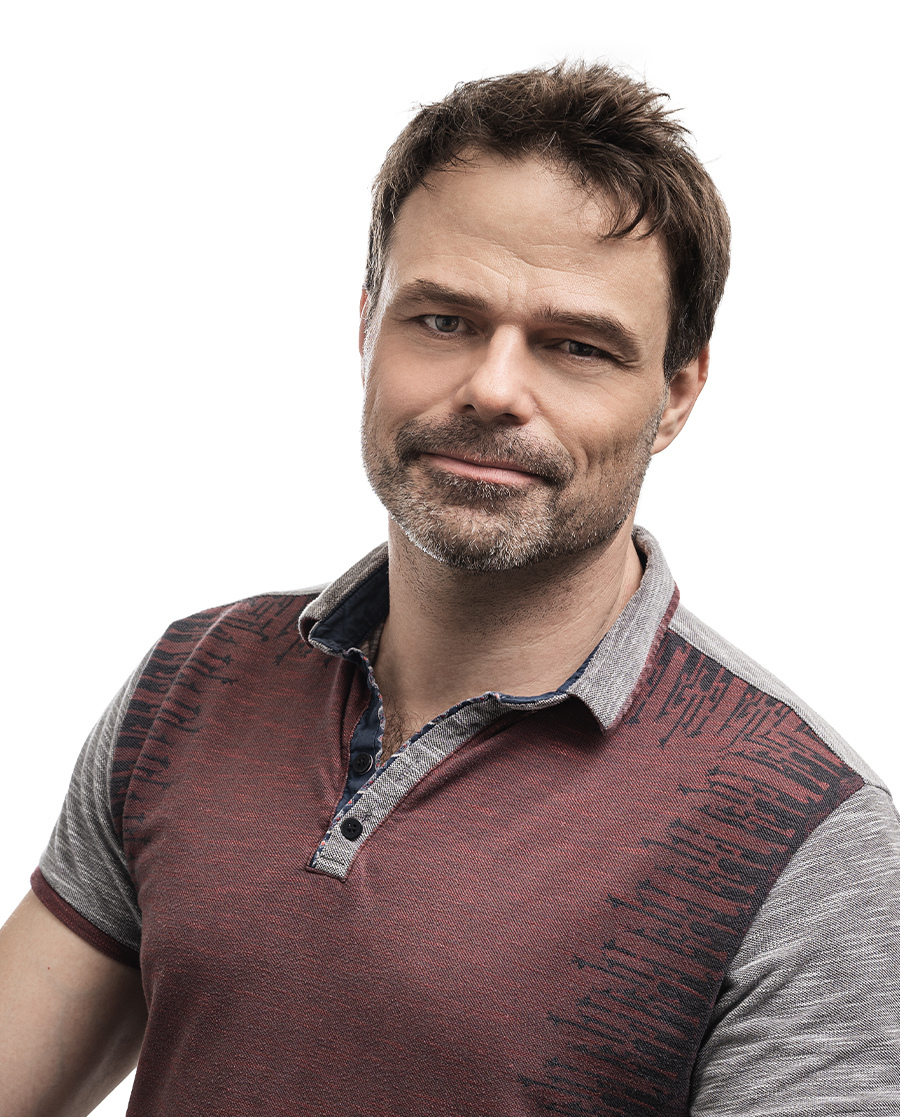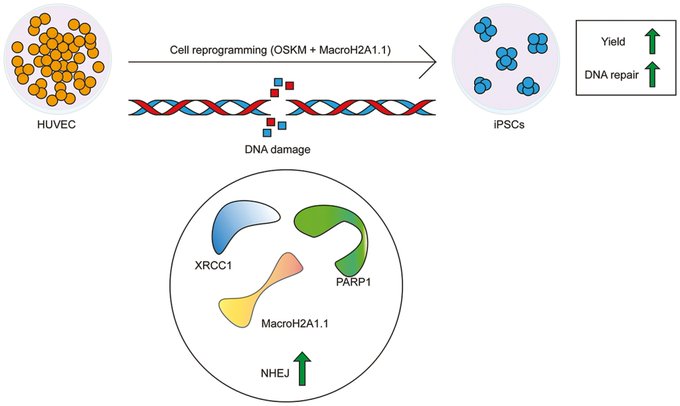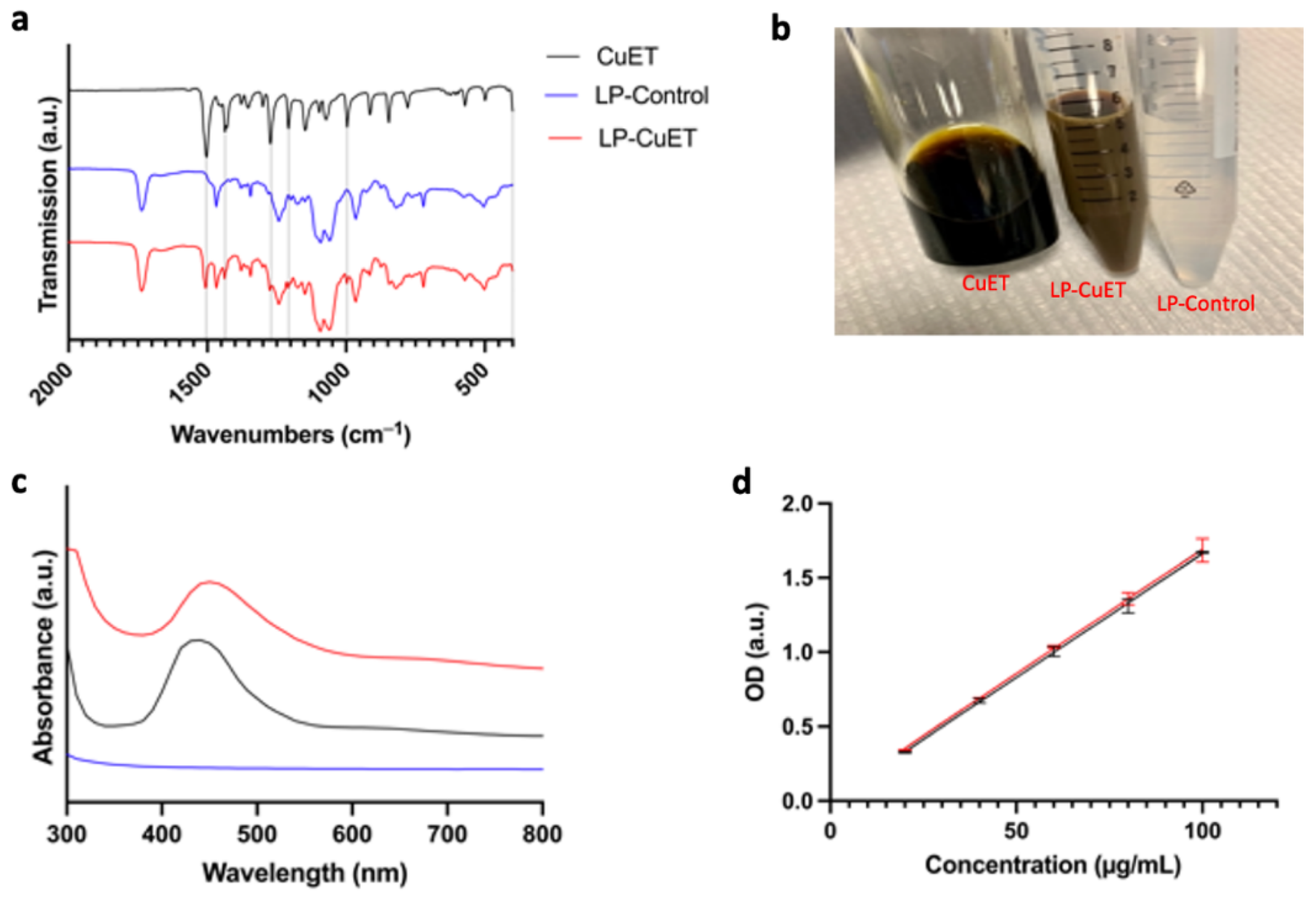Mistrík Martin Ph.D.
Journals
Histone Variant macroH2A1.1 Enhances Nonhomologous End Joining-dependent DNA Double-strand-break Repair and Reprogramming Efficiency of Human iPSCs.
Stem Cells.
2022,
40(1),
35-48,
ISSN: 1066-5099,
PMID: 35511867,
Intellectual property
BIOLOGICAL INCUBATOR FOR STORAGE AND TRANSPORTATION OF BIOLOGICAL SAMPLES, ESPECIALLY CELL CULTURES (Mistrík)
- Utility Model: CZ 28195, Granted: 13.5.2015, Ownership: Technical University Brno, Palacky University Olomouc, Inventors: Paloušek David, Grepl Robert, Krejčí Petr, Vejlupek Josef, Mistrík Martin.
- Status: Terminated
LIQUID CHROMATOGRAPHY COLUMN (Mistrík)
Utility Model: CZ 35118. Granted: 1.6.2021. Ownership: Palacky University, Olomouc. Inventors: Mistrík Martin, Škrott Zdeněk, Oždian Tomáš.
Status: Available
CULTURING KIT FOR MICROSCOPY OF ADHESIVELY GROWING CELL STRUCTURES (Mistrík)
- Utility Model: CZ 29265, Granted: 15.3.2016, Ownership: Palacky University Olomouc, Inventors: Mistrík Martin, Bártek Jiří
Status: Terminated
Open positions
| Project: | DNA damage signaling in the cellular response to stress |
|---|---|
| Supervisors: | Mistrík Martin Ph.D. |
| Available: | 1 |
| Intended for: | Doctoral training |
| Summary: | 1 place in full-time study |
| Project: | Signaling DNA damage in cellular response to stress |
|---|---|
| Supervisors: | Mistrík Martin Ph.D. |
| Available: | 1 |
| Intended for: | Doctoral training |
| Summary: | Our DNA is constantly under threat from DNA damaging agents. If unrepaired DNA damage can lead to errors during genome duplication, including the mutations that can lead to cancer, contribute to aging and other human diseases. Cells have evolved elaborate repair mechanisms to fix this damage and ensure that the genetic information is faithfully reproduced, and we would like to understand these repair mechanisms at the molecular level. We ultimately aim for a complete molecular and cellular understanding of critical DNA repair pathways that act on DNA damage. The Ph.D. student will practice several molecular and cellular techniques, including cell culture, RNA interference, immunofluorescence microscopy, live-cell imaging and immunoprecipitation of proteins. He/she will also learn novel and powerful techniques, such as super-resolution microscopy and purification of proteins on newly synthesized DNA. |
| Project: | Study of DNA double-strand break repair in tumor model |
|---|---|
| Supervisors: | Mistrík Martin Ph.D. |
| Available: | 1 |
| Intended for: | Doctoral training |
| Summary: | The so-called double-strand breaks (DSB) are the most lethal DNA lesions, which can be potent sources of mutations and thus become the beginning of irreversible genetic changes leading to degenerative illnesses, including cancer. At the same induction of DSBs introduced in the proper setup can become an unsolvable problem for the cells, particularly in specific genetic backgrounds typical for cancer, which fact is the rationale for a plethora of cancer treatment strategies. Thus the way cells deal with DSBs is under the great interest of current medicinal and biological research. The Ph.D. student will practice several methods of induction of DSBs via various sources such as gamma rays, alpha particles, UV light and various chemical inducers. Next will be studied the molecular mechanisms the cell deal with this type of DNA damage. Emphasis will be put on differences between normal and cancer cells and their potential exploration for cancer therapy. Student will also learn mutiple laboratory techniques including cell culture, RNA/DNA transfections, advanced microscopic techniques, live-cell imaging, and various biochemical analysis of proteins. |
| Project: | Cellular stress in health and disease |
|---|---|
| Supervisors: | Mistrík Martin Ph.D., Moudrý Pavel Ph.D., Škrott Zdeněk Ph.D. |
| Available: | 3 |
| Intended for: | Doctoral training |
| Project: | DNA damage signaling in the cellular response to stress |
|---|---|
| Supervisors: | Mistrík Martin Ph.D. |
| Available: | 2 |
| Intended for: | Doctoral training |



